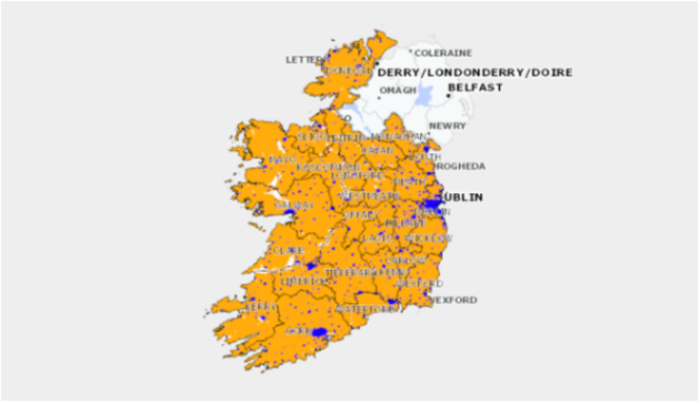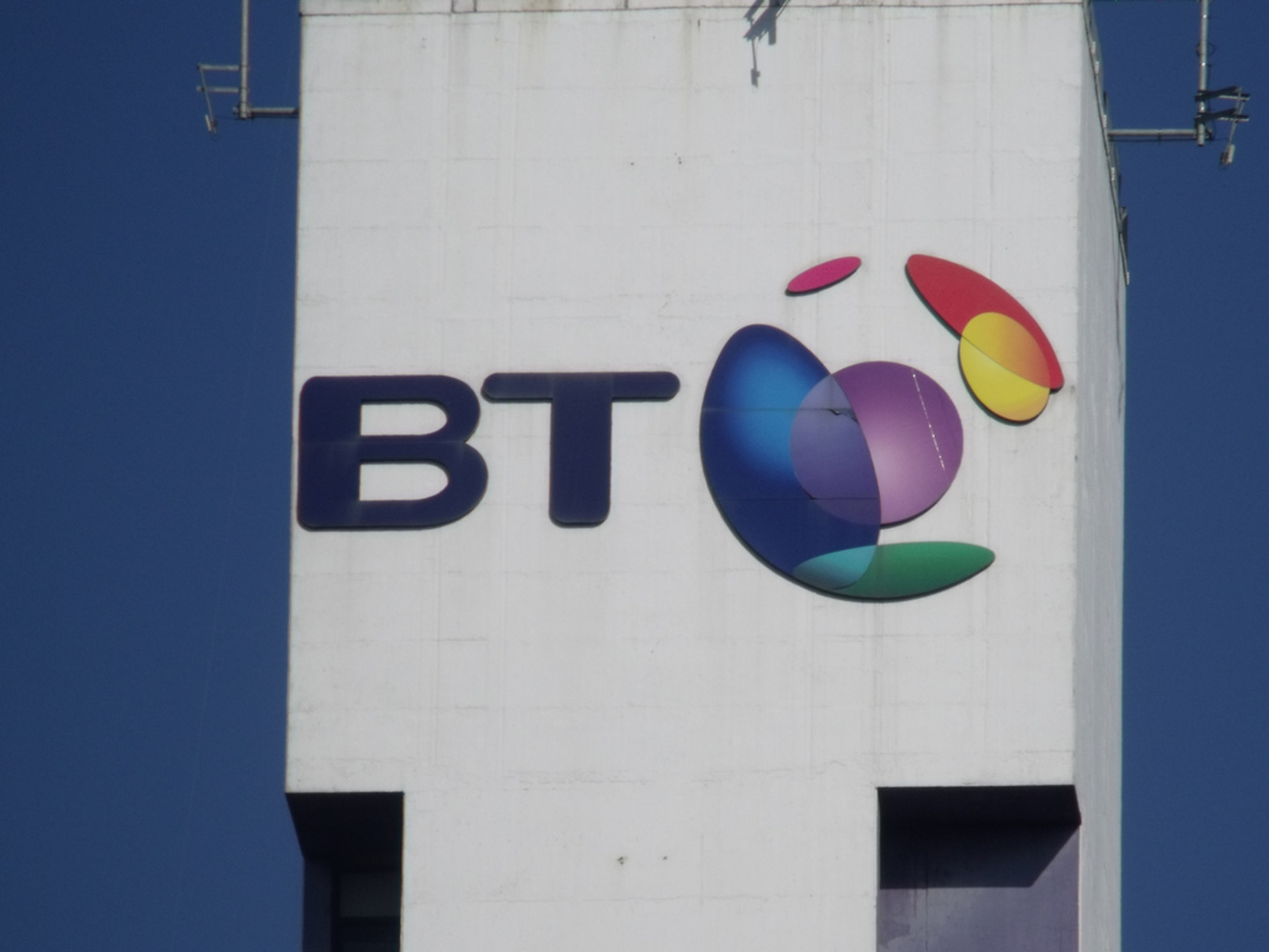BT Ireland's boss thinks broadband delays will hurt small businesses the most
The National Broadband Network may not be completed until 2022.
SMALL BUSINESSES IN rural Ireland will suffer the most with delays to rolling out a nationwide broadband network, the head of BT Ireland has said.
The company’s managing director, Shay Walsh, told Fora that a recently announced setback to the government’s National Broadband Plan is “disappointing”, although he added the project would be worthwhile once completed.
“The delay is probably not as big of an issue for multinational companies,” he said. “It will hit SMEs and home office-type individuals who are trying to create a sustainable economic model in rural areas.”
Walsh was speaking after the release of BT’s annual results, which showed that revenues for the telecoms company’s Irish arm rose 7% year on year to £681 million (€864 million) for the 12 months ending March.
Delay
Last week it was revealed the government had pushed back the timeline on its long-awaited national broadband network, which now may not be completed until 2022.
The scheme, which aims to bring high-speed broadband to 757,000 homes and businesses in rural Ireland that do not have strong internet connections, was originally intended to be finished by 2020.
 Areas in yellow require state intervention for high-speed broadband
Areas in yellow require state intervention for high-speed broadband
Five tenders have been received to build the project, which will cost €275 million in its initial stages. BT Ireland has not bid for the contract.
Nevertheless, Walsh said the delay is “frustrating” and added that high-speed broadband would give smaller businesses greater flexibility.
“You have some companies where it would benefit them to have a more flexible workforce,” he said.
“For example, if you have a call centre and you have broadband it allows you to have a more flexible workforce as people can work from home and it allows you to ramp up or ramp down the work as needed.”
BT network
Walsh said BT will continue to upgrade and invest in its own broadband network. BT Ireland, which employs around 1,000 people in Northern Ireland and about 2,000 in the Republic, does not sell to residential consumers.
The company’s biggest clients are large indigenous Irish companies, multinationals and government departments. It operates one of the biggest broadband networks in the country with about 2,500km of fibre in the Republic.
 BT Ireland managing director Shay Walsh at the BT Young Scientist Exhibition
BT Ireland managing director Shay Walsh at the BT Young Scientist Exhibition
Its wholesale arm sells the use of this infrastructure to other large telecoms companies, such as Sky and Three.
Walsh said that the rise in the company’s revenue last year was driven by both its corporate and wholesale arms. Earnings before deductions also increased by 8%, although the company did not break down its figures for Ireland any further.
However, turnover is still down compared to 2013 when BT Ireland recorded revenues of £739.9 million in the year to the end of March.
Walsh said the drop in incomes was due to “some revenue streams falling away and changing”.
“We are recruiting now though; we probably recruited 40 to 50 people last year and I could see that trend going through to next year as we continue to repurpose ourselves and we continue to invest from a capital perspective,” he said.
BT Ireland was restructured this year, with Walsh solely responsible for business in the Republic from April. The company’s Northern Irish division will now be run from the UK.






